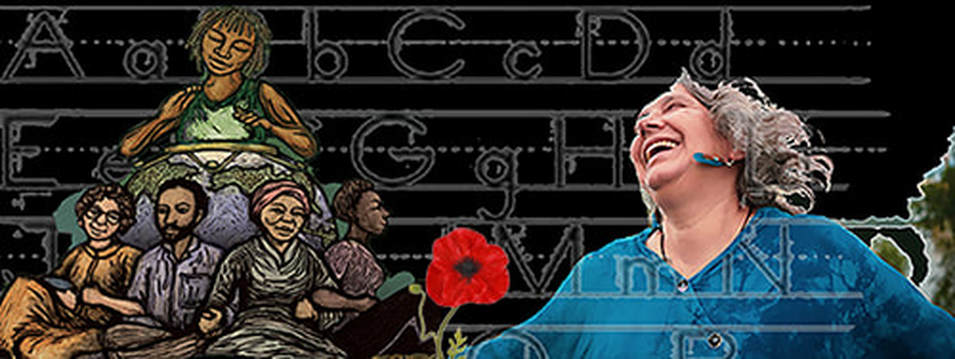 Saturday morning I walked over to the nearest City Car Share pod and began my first road trip in almost five years: an hour north to see Stephen Marshall, my contractor. Springtime in Northern California (yes, February is spring here) means fields of flowering mustard, seas of brilliant lemon yellow lapping against the dark bent trunks of live oaks. Rolling hills like the flanks of pale gold, short-haired beasts asleep in the sun. I'm listening to Silvio Rodriguez' CD Segunda Cita, marveling at the way Cuban singers can put political precision and big word into such heart-stirring poetry. Dijo Guevara el humano que ningún intelectual debe ser asalariado del pensamiento oficial. "Guevara the human said no intellectual should be on salary to official thinking." And he goes on to sing the horrors of an artificial self, of a head without a will of its own, of a conditional heart. Driving between the yellow fields of Sonoma County, contemplating my vocation, I sing with him. Dijo el Che legendario, como sembrando una flor, que al buen revolucionario solo le mueve e amor. "The legendary Che said, as if planting a flower, that the good revolutionary is only moved by love." To declare oneself a revolutionary in the time and place where I now live sounds pretentious. Like declaring oneself a saint. In his essay "In Defense of the Word" Uruguayan writer Eduardo Galeano writes about the assault on meaning, when "revolutionary" is used to describe the latest detergent, love is what one feels for a car, and happiness is the sensation of having eaten sausages. But I grew up in the decades of decolonization, in a house filled with the words of people for whom revolution wasn't about storming barricades, but about transforming societies to make them livable, joyous and just. "The task of the revolutionary," my father says, "is to change consciousness." To affect the way people think, so that they are able to imagine a different way of life and begin creating it. In that same essay Galeano writes, "What process of change can move a people that does not know who it is nor where it came from? If it does not know who it is, how can it know what it deserves to be?" As a teller of significant stories, with a deep sense of historical context, this is what I try to do--to change our sense of who we are, where we came from and what we deserve. The house I am building is a story; a story about what capitalism does to living cells, about the catastrophic rise in cancer rates and the murder of bees, the wildfire sterility of GMO pollen and the permanent states of inflammation so many of us suffer from. The steel shell my contractor is designing and pricing, is a poem about immunity, about constructing a habitat that allows my overburdened defenses to rest. And because this sleek, metal poem challenges the story that "progress" has made us safe, that "the market" protects us, that the practices of modern science are objective, pure and benign, because it alters consciousness about what has happened to us, what we deserve, it is revolutionary work.
1 Comment
|
About Aurora
Aurora Levins Morales is a disabled and chronically ill, community supported writer, historian, artist and activist. It takes a village to keep her blogs coming. To become part of the village it takes, donate here. Never miss a post!
Click below to add this blog to your favorite RSS reader: Archives
September 2017
Categories
All
|


 RSS Feed
RSS Feed
